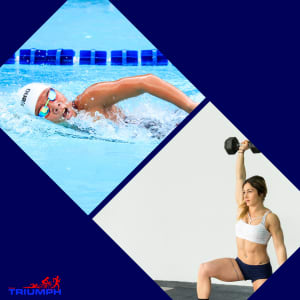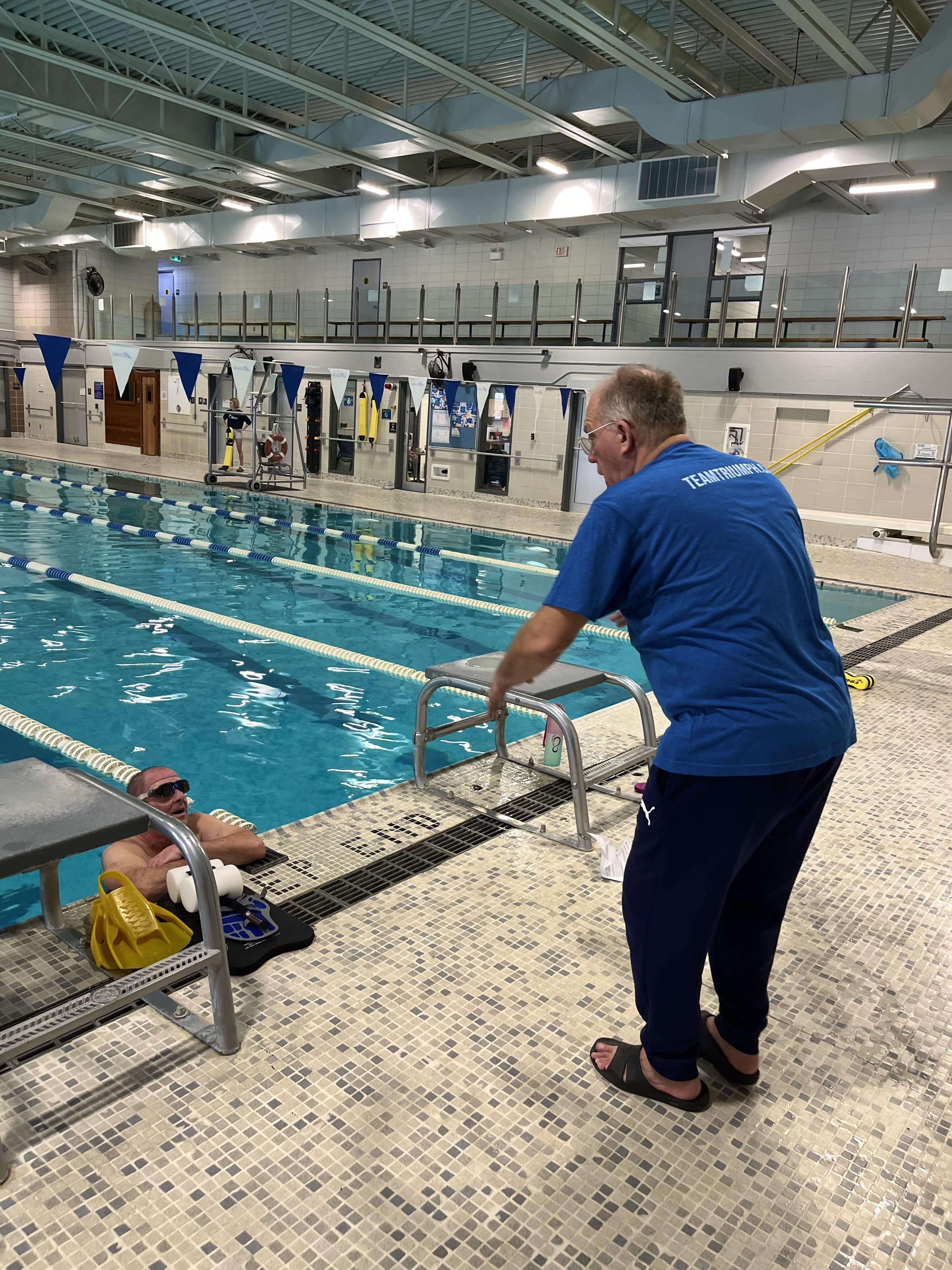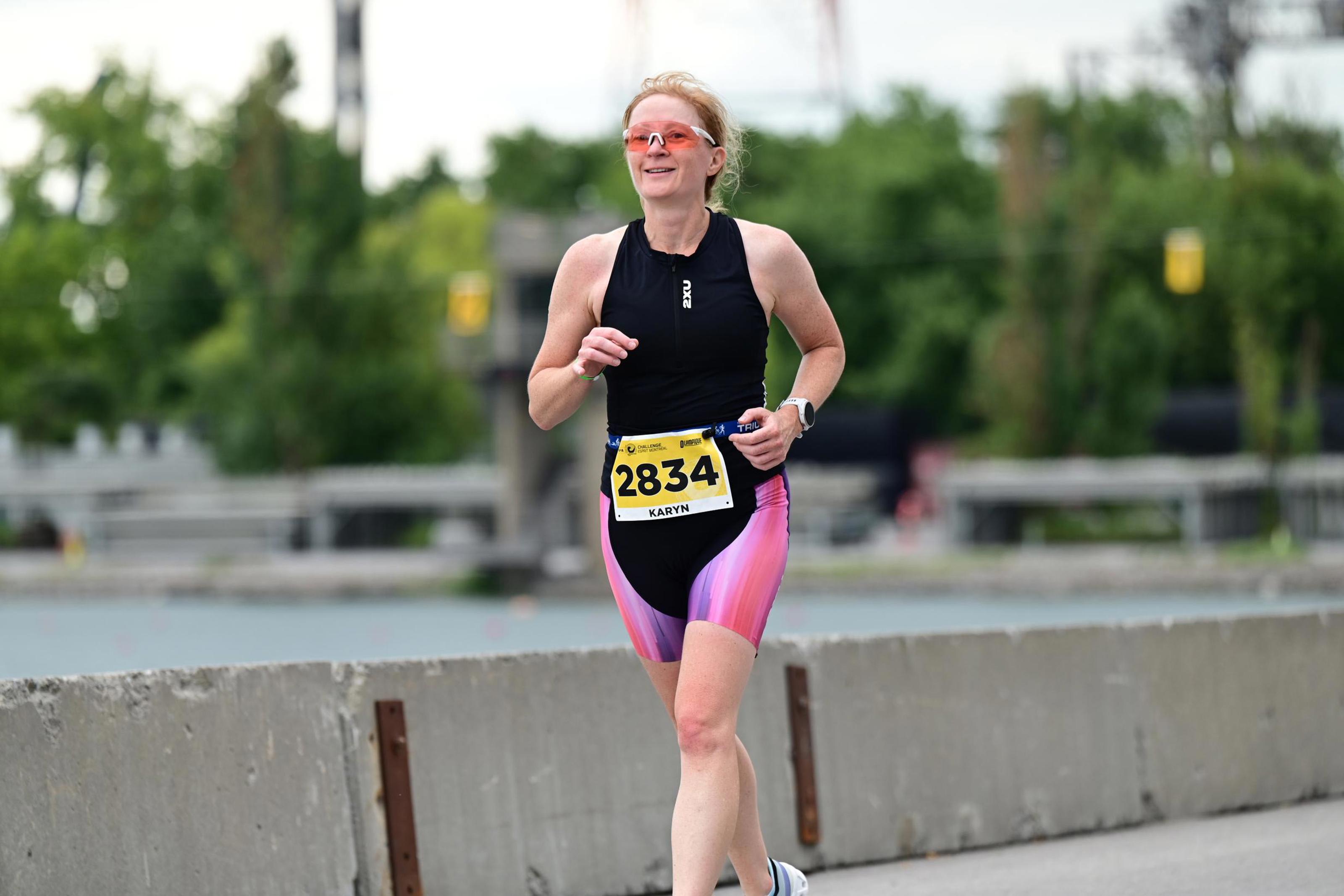
Strength Training for Swimmers: Enhancing Performance in the Water
Swimming, often perceived primarily as a cardiovascular and technique-driven sport, also greatly benefits from strength training. While the graceful movements in the water may appear effortless, they require significant muscular strength and endurance. Strength training for swimmers is not just about building muscle, but about enhancing power, improving efficiency, and reducing the risk of injury. In this blog, we'll explore the key aspects of strength training tailored for swimmers and how it can elevate their performance in the pool.
The Importance of Strength Training for Swimmers
Swimming demands a unique blend of strength, endurance, and technical skill. Strength training complements pool work by building the muscular power and stability needed for effective strokes, turns, and starts.
Benefits:
Enhanced Power and Speed: Stronger muscles contribute to more powerful strokes and faster speeds.
Improved Endurance: Strength training helps in delaying muscle fatigue, allowing swimmers to maintain optimal technique for longer periods.
Injury Prevention: By strengthening muscles and joints, swimmers can reduce their risk of common swimming-related injuries.
Key Areas to Focus on in Strength Training
Core Strength: A strong core is crucial for the rotational movements in swimming and for maintaining proper body alignment.
Shoulder Stability: Shoulders are heavily utilized in swimming. Strengthening the shoulder muscles can prevent injuries and improve stroke efficiency.
Leg Power: Powerful legs contribute to effective starts and turns, as well as propulsive force during strokes.
Effective Strength Training Exercises for Swimmers
Upper Body:
Pull-Ups and Lat Pulldowns: These exercises target the latissimus dorsi, critical for the pulling phase of all strokes.
Shoulder Presses and Rotator Cuff Exercises: Strengthening the shoulders and rotator cuff muscles to support healthy shoulder function.
Core:
Planks and Stability Ball Exercises: Enhancing core stability to maintain body alignment in the water.
Russian Twists and Medicine Ball Throws: Improving rotational power, essential for strokes like freestyle and backstroke.
Lower Body:
Squats and Lunges: Building leg strength for powerful kicks and explosive starts and turns.
Box Jumps and Plyometrics: Developing fast-twitch muscle fibers for quick, powerful movements.
Incorporating Strength Training into a Swimmer's Routine
Balanced Approach: Strength training should complement pool training, not replace it. Plan sessions to allow recovery and prevent overtraining.
Periodization: Vary the intensity and volume of strength training based on the swimming season. Focus on building strength in the off-season and maintaining it during the competitive season.
Technique First: Prioritize proper form to maximize the benefits of each exercise and prevent injuries.
Safety and Recovery
Warm-Up and Cool Down: Essential to prepare the muscles for strength training and to aid in recovery post-exercise.
Rest and Nutrition: Adequate rest and proper nutrition are key to muscle recovery and growth.
Professional Guidance: Especially for younger swimmers or those new to strength training, guidance from a coach or a fitness professional is recommended.
Conclusion
Strength training is an indispensable component of a comprehensive swim training program. By focusing on the right exercises and maintaining a balanced training schedule, swimmers can unlock their full potential in the pool. Whether it’s powering through the last lap of a race or perfecting stroke technique, a well-planned strength training regimen can provide the edge that sets a swimmer apart. Dive into strength training and see how it transforms your performance in the water!
Julia Aimers
CSEP Clinical Exercise Physiologist
CSEP High-Performance Specialist
Certified Triathlon, Cycling, Yoga and Swimming Coach
USA Cycling Level 2 Coach
Training Peaks Accredited Coach

I would highly recommended Eric and Team Triumph!
Ian Ross

A year ago I could only tread water and had not run since childhood. With the amazing Virtual Olympic course, support, guidance, and tips from of all the folks at Team Triumph I've ended the season with my first Olympic distance triathlon under my belt and am hooked! Really looking forward to the 2025 season and even to the hard work over the winter to prepare. Karen Houle

I wanted to let you know that the Perth triathlon was a great experience, I somehow placed third in my age group! What a supportive group of participants (including Team Triumph athletes), cheering bystanders and volunteers.
Thanks to your swim lessons, I learned the technical basics and gained confidence to get back in the pool after decades. And it was really special doing this with Ann Laidlaw, my bestie for many years. We did a couple of additional swims with Kevin and Team Triumph people, also a great way to continue learning and practicing good technical form.
I will continue with lane swimming and who knows, maybe there's another triathlon in my future!